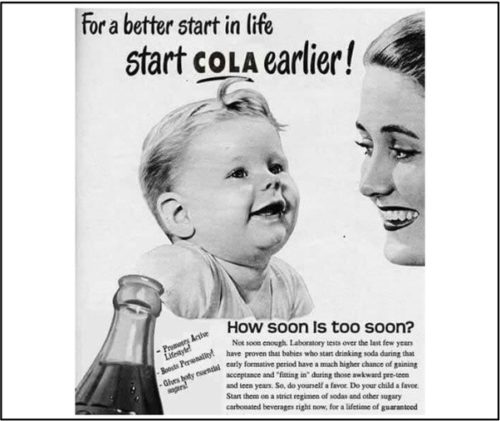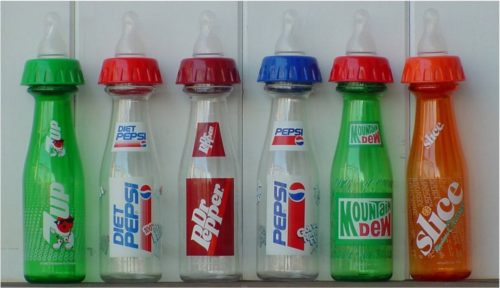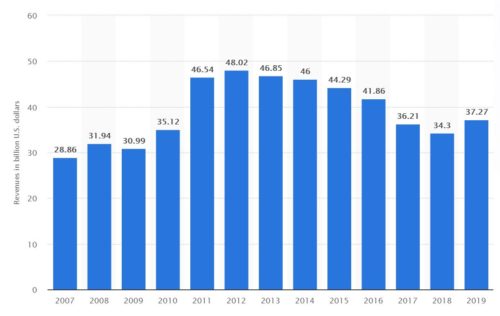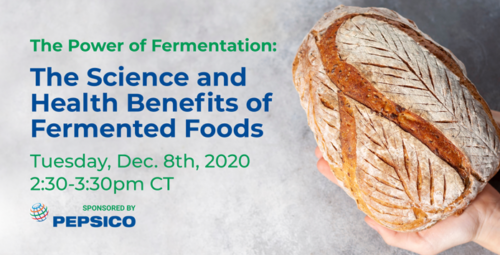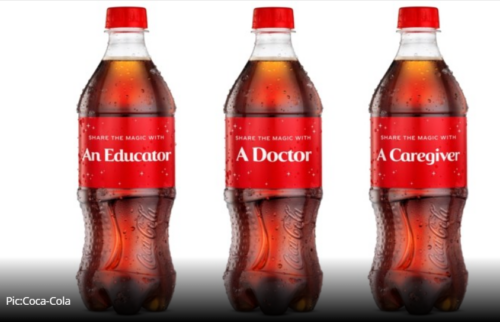Weekend reading: the food system and water use
I am happy to see that USDA’s Economic Research Service is back on the job and recovering somewhat from its forced move to Kansas City. I was especially interested to see this report: U.S. Food-Related Water Use Varies by Food Category, Supply Chain Stage, and Dietary Pattern.
It has three main conclusions:
- The U.S. food system, which provides the majority of domestically purchased foods and beverages, requires about one-third of the Nation’s total freshwater use.
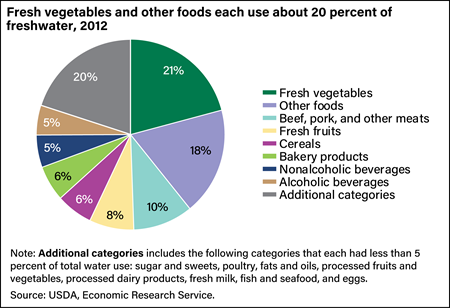
- Crop production uses over half of the water for food, while later supply chain stages also require a substantial amount of water.
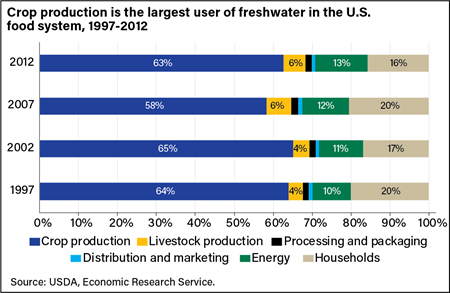
- Freshwater usage varies by the food categories that make up U.S. diets. If the U.S. population were to adopt healthier dietary patterns, food-system water use could substantially increase or decrease, depending on the dietary patterns realized.
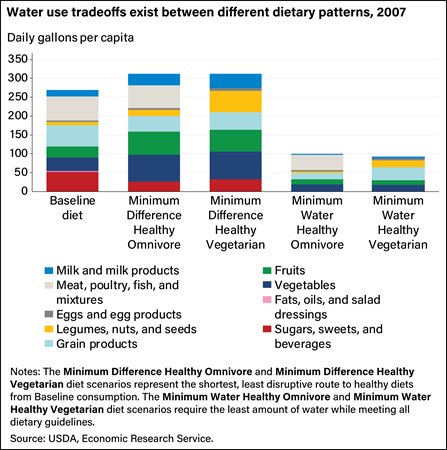
Something to consider. But all this is why PepsiCo is making such a big point about trying to reduce its water use (it takes many gallons of water to make one gallon of a bottled drink).
- PepsiCo to become ‘net water positive’ by 2030: ‘Time is running out for the world to act on water’ PepsiCo wants to become ‘net water positive’ by 2030, meaning the beverage giant will replenish more water than it uses to produce its food and beverage brands…. Read more

